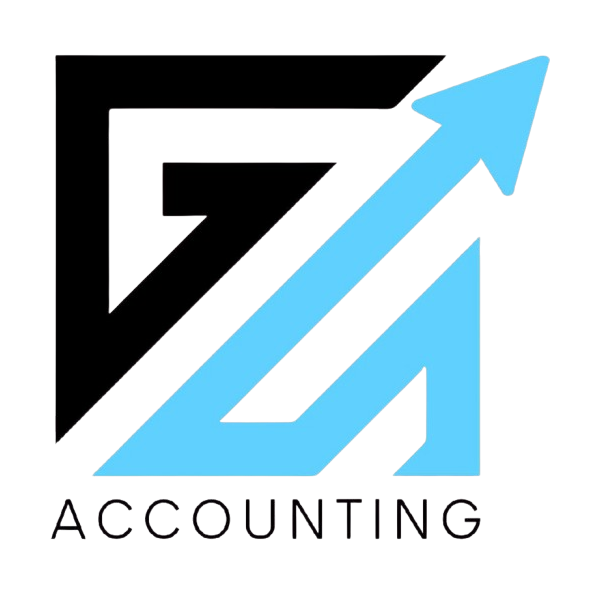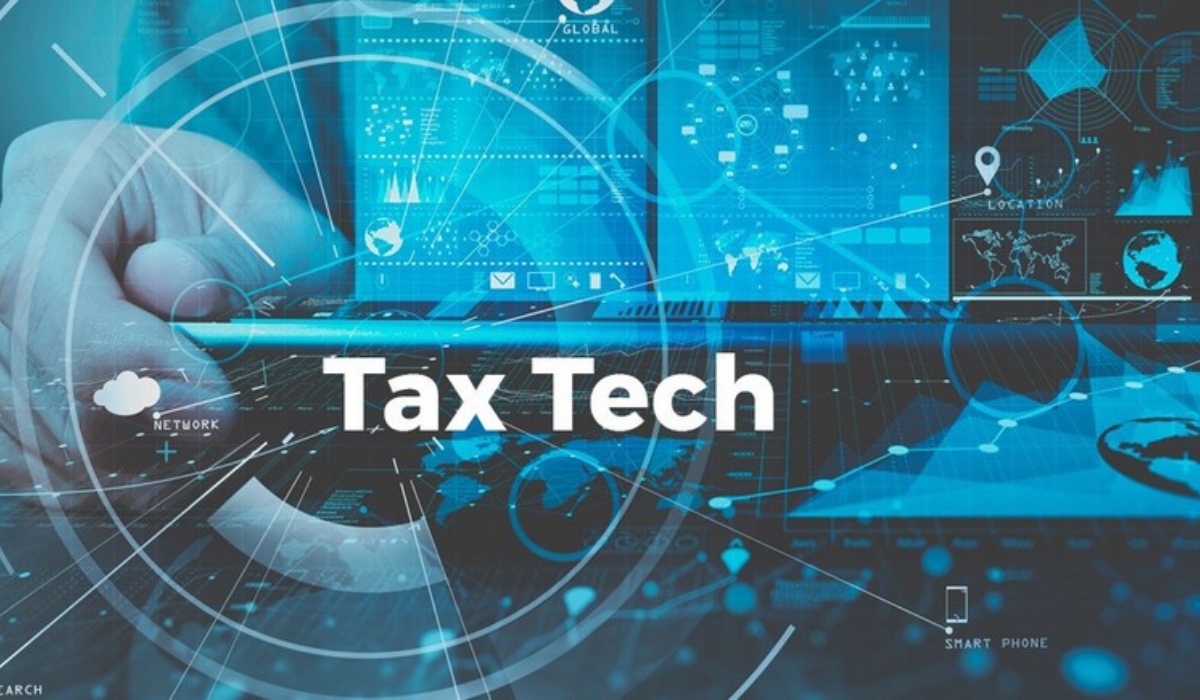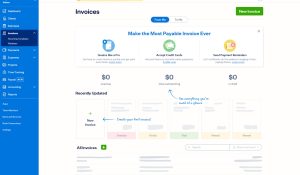Revolutionizing the Tax Landscape: The Power of Tax Technology Consulting
In today’s rapidly evolving business environment, tax compliance and strategy are no longer confined to traditional spreadsheets and manual processes. The advent of sophisticated technologies has ushered in a new era for tax departments, making “Tax Technology Consulting” an indispensable service for businesses aiming to optimize their tax function, mitigate risks, and gain a competitive edge.
What is Tax Technology Consulting?
Tax technology consulting involves leveraging advanced technological solutions to streamline, automate, and enhance various aspects of a company’s tax operations. This goes beyond simply implementing software; it encompasses a holistic approach that includes:
- Process Optimization: Identifying inefficiencies in existing tax processes and re-engineering them for greater speed, accuracy, and compliance.
- System Implementation and Integration: Selecting, deploying, and integrating specialized tax software (e.g., for VAT, sales tax, transfer pricing, tax provision) with existing ERP and financial systems.
- Data Management and Analytics: Establishing robust data governance frameworks, ensuring data accuracy and accessibility, and utilizing analytics tools to extract valuable insights for strategic tax planning.
- Automation: Implementing Robotic Process Automation (RPA) and other automation tools to handle repetitive, high-volume tasks, freeing up tax professionals for more strategic work.
- Risk Mitigation: Employing technology to enhance internal controls, improve regulatory compliance, and reduce the risk of errors, penalties, and reputational damage.
- Strategy Development: Helping organizations define a clear tax technology roadmap that aligns with their overall business objectives and adapts to evolving tax legislation.
Why is Tax Technology Consulting Crucial Today?
The increasing complexity of global tax regulations, the growing volume of financial data, and the demand for real-time reporting are pushing tax departments to their limits. Tax technology consulting addresses these critical challenges by offering a range of benefits:
- Enhanced Efficiency and Cost Savings: Automating manual tasks significantly reduces labor hours, allowing tax teams to focus on higher-value activities. This leads to substantial cost savings in the long run.
- Improved Accuracy and Compliance: Technology minimizes human error, ensures consistent application of tax rules, and facilitates timely updates to reflect changing regulations. This helps organizations avoid costly fines and penalties.
- Better Decision-Making: Access to real-time, accurate tax data and powerful analytics tools enables tax leaders to make more informed strategic decisions regarding tax planning, forecasting, and risk management.
- Increased Transparency and Control: Technology provides a clear and transparent overview of a company’s tax position, improving internal controls and facilitating smoother audits.
- Agility and Adaptability: In a landscape of constant legislative change, tax technology solutions offer the flexibility and scalability needed to quickly adapt to new regulations and business requirements.
- Competitive Advantage: Organizations that embrace tax technology can achieve greater operational efficiency, optimize their tax positions, and free up resources to invest in growth initiatives.
Navigating the Challenges
While the benefits are clear, implementing tax technology is not without its challenges. These can include:
- Complexity and User-Friendliness: Some tax software can be complex and require a learning curve.
- Integration Issues: Seamless integration with existing systems (ERP, finance, procurement) is crucial but can be challenging.
- Data Management: Ensuring data quality, consistency, and security across disparate systems.
- Talent Gap: A lack of tax professionals with strong technology skills.
- Resistance to Change: Overcoming internal resistance to new processes and technologies.
- Cost and ROI Justification: Demonstrating a clear return on investment for technology investments.
The Future of Tax Technology Consulting
The future of tax technology consulting is bright and will be increasingly driven by advanced innovations:
- Artificial Intelligence (AI) and Machine Learning (ML): Expect wider adoption of AI for predictive analytics, anomaly detection, personalized tax recommendations, and even automating complex tax calculations.
- Robotic Process Automation (RPA): RPA will continue to streamline repetitive tasks like data entry, reconciliation, and report generation.
- Blockchain Technology: While still emerging, blockchain holds promise for creating immutable and transparent tax records, potentially revolutionizing compliance and audits.
- Cloud-Based Solutions: The shift to cloud-based and Software-as-a-Service (SaaS) tax solutions will continue, offering greater accessibility, scalability, and ease of deployment.
- Real-time Reporting: The demand for real-time tax data and reporting will intensify, requiring sophisticated technological infrastructures.
- Data-Driven Tax Functions: Tax departments will become even more data-centric, using advanced analytics to drive strategic insights and decision-making.
In conclusion, tax technology consulting is no longer a luxury but a strategic imperative for businesses of all sizes. By embracing technology, organizations can transform their tax function from a cost center into a strategic asset, ensuring compliance, driving efficiency, and gaining a crucial advantage in the dynamic global economy.







